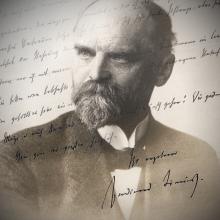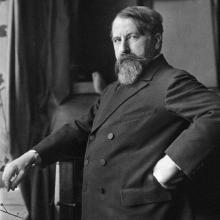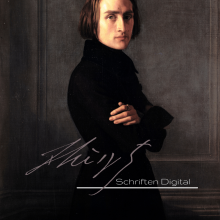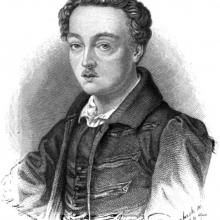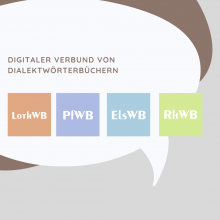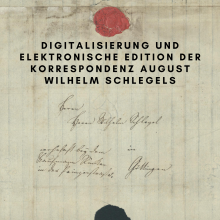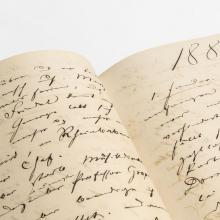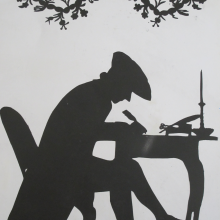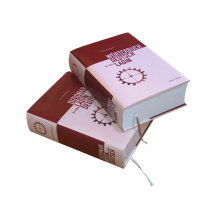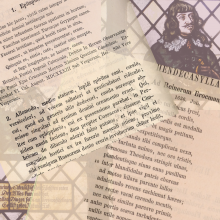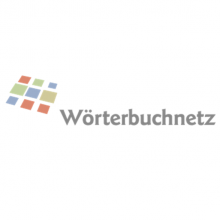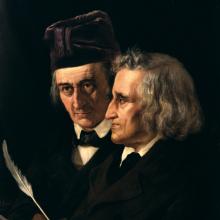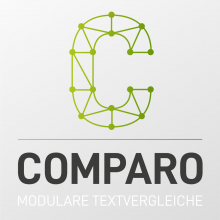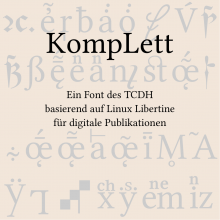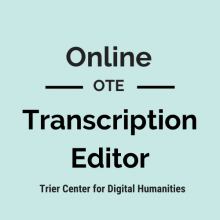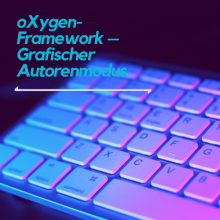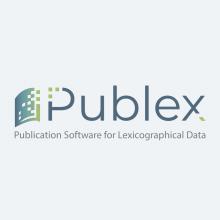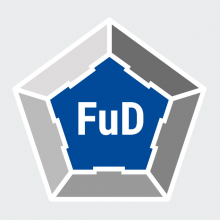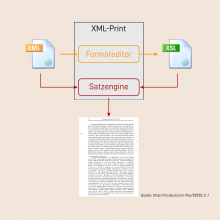Digital Edition and Lexicography
Research Area I
From Books to Bytes
This research area is characterized by projects in which digital editions and dictionaries of various types are developed: Thus, "born digital" publications which are genuinely designed for publication on the Internet are created, hybrid formats which end up with both a digital publication and a book publication and retro-digitized editions and dictionaries that prepare printed editions for publication on the Internet are created as well. Together with its research partners, the TCDH team develops digital edition or dictionary concepts and workflows adapted to the respective project requirements, in which the extensive experience of the TCDH comes into play and its tools and software systems are used. In addition, the TCDH conceives the design and usability concept for publication on the Internet and prepares the long-term archiving of the data.
The Opportunities of Digital Editions
A number of digital editions were and are being developed at the TCDH, each with different objectives: Historical-critical editions such as "Arthur Schnitzler digital", the edition of Stefan Heym's novel "Ahasver" or Wolfgang Koeppen's "Jugend" put their emphasis on the representation of text-genetic processes, whereas letter editions such as the historical-critical edition of selected letters by Johann Caspar Lavater or the digital edition of August Wilhelm Schlegel's Correspondence make extensive correspondences accessible and make networks visible. All editions are compiled using international standards; they are available in open access and can be re-used in accordance with the FAIR principles. For each project, individually suitable solutions are developed by using existing tools, which are adapted to individual needs and developed further.
Creating a Lexicographic Foundation
Since its foundation in 1998, the conception and publication of digital reference works as well as their networking have been among the focal points of the TCDH; the development of these resources also follows international standards. In the "Wörterbuchnetz" project, which is used intensively by the community and the interested public, more than thirty dictionaries - encyclopedias, dictionaries of the older language levels of German and regional language lexicons - are networked, including Meyer's Großes Konversationslexikon, the German Dictionary by Jacob Grimm and Wilhelm Grimm, the Goethe Dictionary and the Rhenish Dictionary. Differentiated search options provide a large amount of information. One of the great challenges of information technology is to make this amount manageable and uniformly searchable. Users of the dictionary network can, for example, follow a keyword from the Grimm Dictionary to the Goethe Dictionary or to regional language dictionaries.
As part of the Horizon 2020 funded EU project ELEXIS, which involves seventeen partner institutions from fourteen countries, the TCDH is currently developing a generic, modular tool ("Publex") that will enable users to publish retro-digitized dictionaries independently.
Contact us!
Head of Research Area: Dr. Claudia Bamberg


